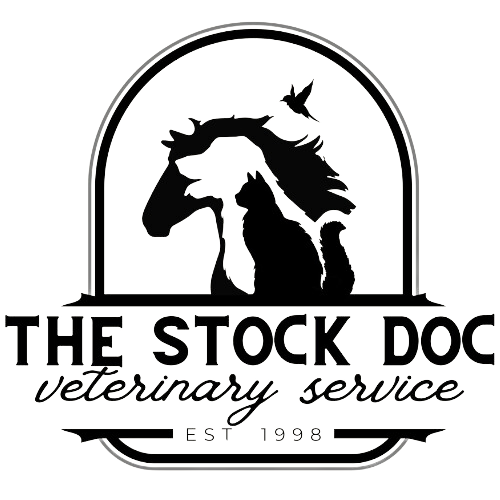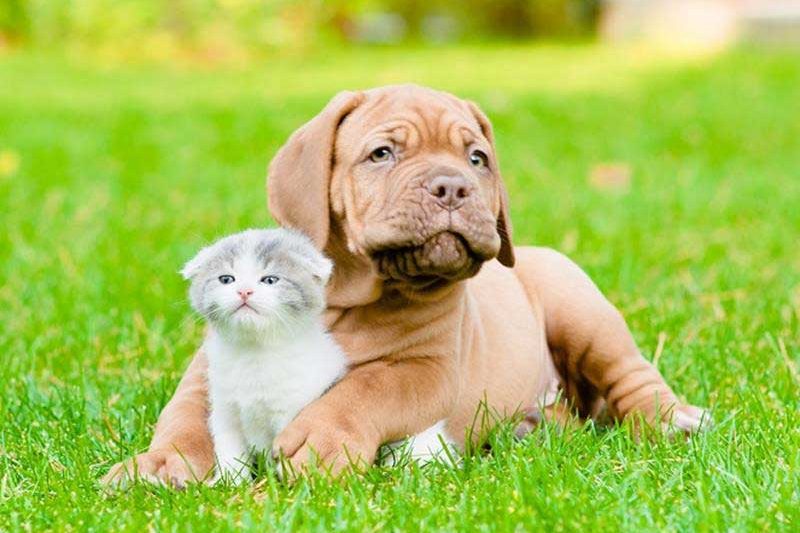So how can you help your dog meet this need to chew on things without sacrificing the legs on your tables, or your good shoes? The first step is to get everything he shouldn’t be chewing out of his reach when he is not under your direct supervision, and the second step is to find things he can chew on.
That first step is self-explanatory, but what is a good thing to chew on? Something that is tasty, and a little bit giving, with nothing toxic or poisonous or likely to form a blockage is what your dog is looking for!
Let’s discuss the major concerns we are trying to avoid with inappropriate chews:
Broken Teeth – Without appropriate things to chew on, a dog will find what he can to work his jaws. Rocks are handy, and sometimes the antlers from last years hunting trophy. However, these are items with NO give to them, as are ham hocks and other bones, and even hard plastic toys sold in stores specifically for pets to chew on! They are likely to fracture even his biggest, strongest molars as he chomps down with gusto. Rocks will even wear teeth down from carrying them around, and should be kept out of his reach when he is looking for something to put in his mouth.
Gastrointestinal Blockage – The list of things we have removed from dogs stomachs and intestines is long and varied (and also interesting!). We would prefer not to have to see Rover on an emergency to remove chews that are blocking the passage of food and causing signs like vomiting, inappetence, and lethargy. Chewing on things that can be consumed in large pieces quickly, items that swell when soaked with saliva, or items that can be swallowed in entirety are too dangerous. Make sure his chews are the right size (ask us or read the label) and always keep an eye on him while he is working on one. Take it away when it is gnawed into the danger zone.
Contaminants – There are lots of products out there that have been recalled for bacterial or toxin contamination. These could cause your pet to become ill, and even cause his death. Check the U.S. Food and Drug Administration’s website for recall information, and sign up for alerts to keep you up to date as new products go on the list.
If you are having trouble finding good things for your dog to chew on , stick with the tried and true like Kong’s, rope bones, and Greenies Dental chews. A cheap chew toy could end up costing a LOT in vet bills!

